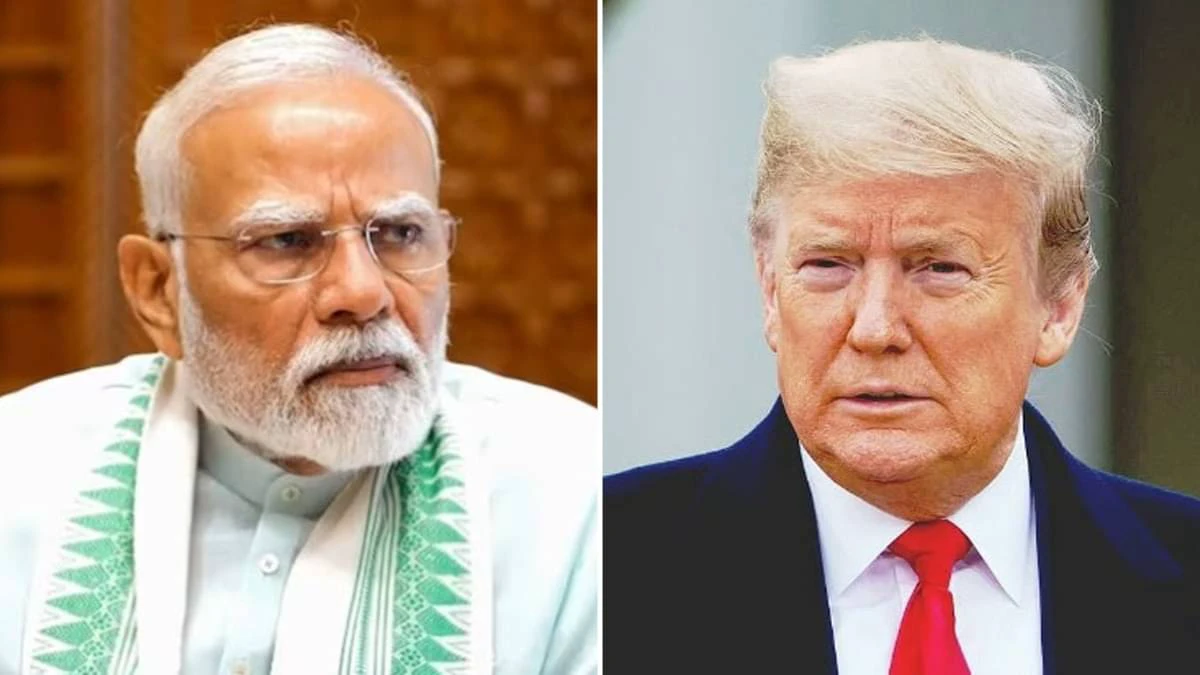Indian industry is prepared for any outcome if the proposed trade agreement between India and the United States does not go through, according to Confederation of Indian Industry (CII) President Rajiv Memani.
In an interview with ANI, Memani made it clear that while businesses want favourable terms, there is no compulsion to sign a deal at any cost.
Government Consulted All Stakeholders
He said, “There is no doubt that India will only do this deal when it is in India’s interest and America’s interest. Until it is in the interest of both countries, this deal will not happen. There is no compulsion in this regard.”
Memani explained that the Indian government has consulted widely before positioning India in negotiations. “The Indian government has given considerable time to understand industry concerns, issues and opportunities. Every industry, every size of industry has been consulted to understand how India should be positioned.”
What Happens If There Is No Deal
He also outlined what could happen if the trade deal fails. “If a deal is not signed, then a tariff of 26% will be imposed on us. If tariff rates are lower in countries with which India competes in exporting to the USA, then Indian exporters will face greater competition.”
Mexico and Vietnam Could Benefit
Memani gave the example of the automotive sector, where Mexico enjoys nearly zero tariffs when exporting to the US “If you look at auto companies, Mexico has a trade deal where the tariff is almost 0 per cent. If there’s a 25 per cent gap, then Mexico becomes most competitive.”
He added that if India cannot secure better terms, other countries stand to benefit the most. “The maximum alternative replacement will come from Mexico, with some possibility from Vietnam.”
Textiles and garments could also feel the impact.
“The garment industry could become slightly less competitive because Vietnam has a 20 per cent tariff.”
Industry Will Not Sacrifice National Interests
Despite these risks, Memani emphasised that Indian businesses will not accept a deal that undermines national interests. “It is certain that some sectors and some industries will face difficulties, but industries do not want to work in a way that harms the country. Industry wants to do this in a way that benefits the country.”
He underlined that a trade agreement isn’t only about tariffs but also about showing commitment to a shared economic vision. “A trade deal also reflects a wider understanding between two countries that there is a joint economic interest that needs to be pursued.”
Memani further explained that even if the deal is delayed or fails, it won’t just impact India.
“…Between having a fair deal and no deal, the industry would prefer a fair deal… If the trade deal is not signed, it will take the USA a few steps back too…”
Finally, he reminded them that no deal delivers instant benefits and both sides will have to adapt. “Many American companies may also invest in India to export from India. Indian companies will also have to focus on their competitiveness.”
Tariffs Could Be Raised Further
Adding to the uncertainty, tariffs may soon go much higher. Earlier, Trump had said the first batch of tariff letters would be sent out on Friday, which was a national holiday in the US, but the date was moved to Monday.
This move is part of a wider trade war that has unsettled global financial markets and worried governments worldwide. Back in April, Trump announced a 10% base tariff rate, with higher rates-some up to 50%-for many countries. However, all the extra tariffs above 10% were put on hold for 90 days to allow negotiations. That period ends on July 9.
On Friday, Trump said the tariffs could be raised even further, possibly reaching up to 70%, and would mostly start on August 1. The president explained that he originally wanted detailed agreements with many countries but grew frustrated when talks broke down with major trading partners like Japan and the European Union.
